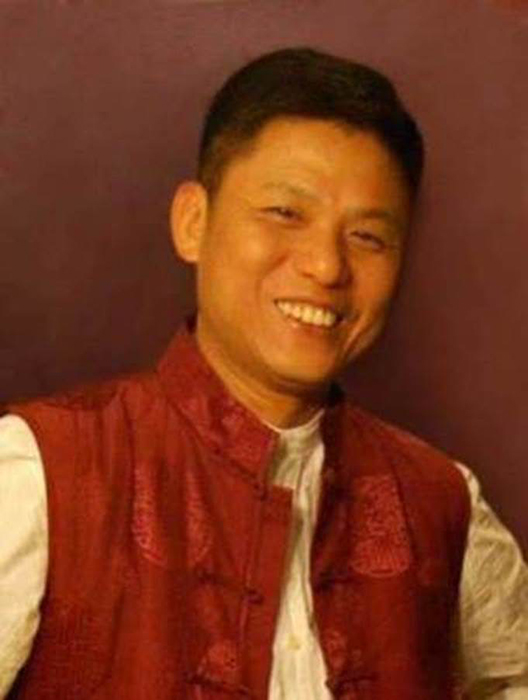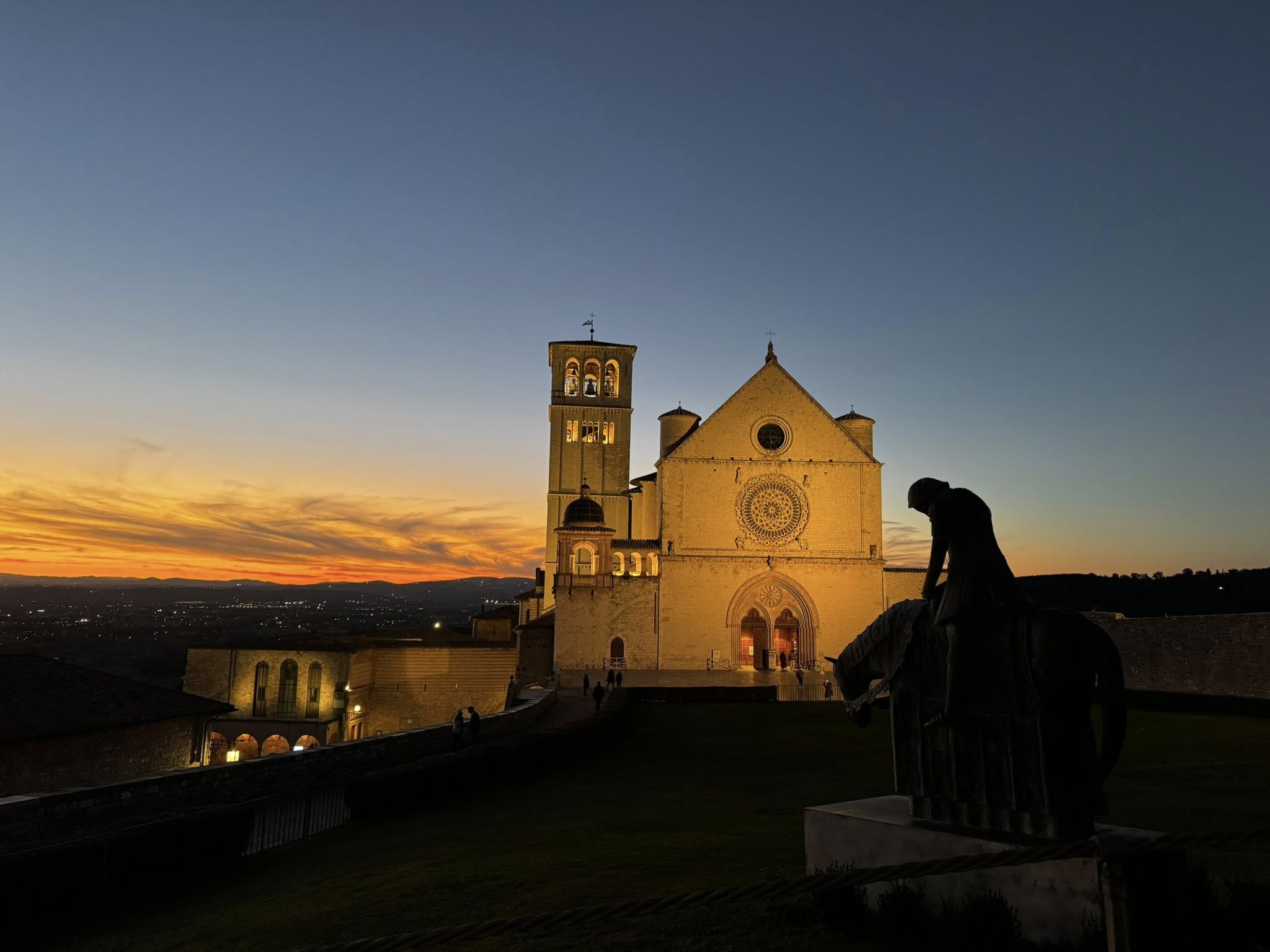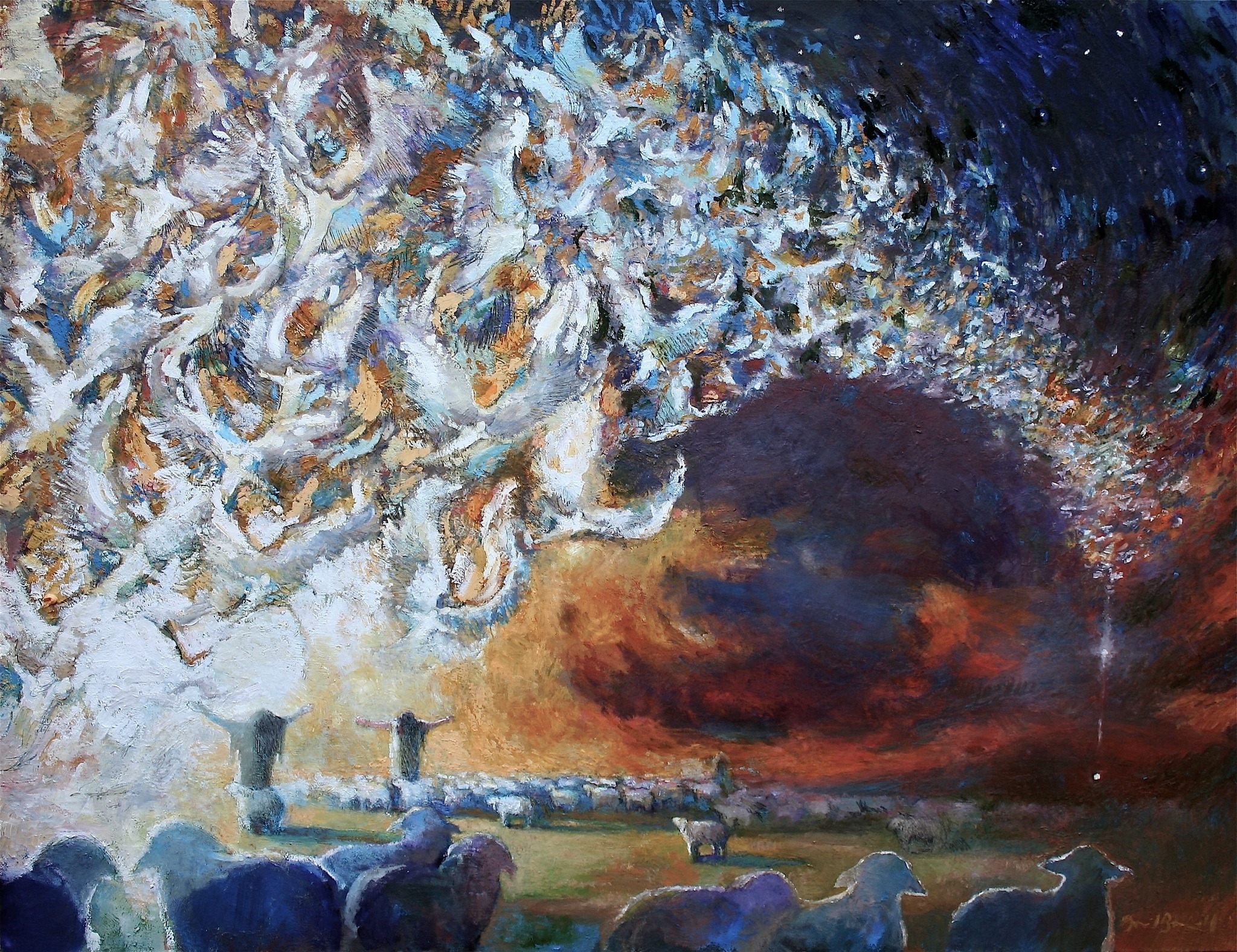Marco Carvalho
The Lunar New Year is, for Chinese communities all over the world, a celebration of the family, and Catholics are no exception. The Church does not rebel against the offer of the “red pocket” and does not interdict going to the temples, as long as the faithful do not succumb to the deception of superstition. What can and can’t Catholics do during the Chinese New Year? Chiaretto Yan, professor of Asian Philosophy at the University of Saint Joseph, has the answer.
Are Catholicism and the traditional aspects of the Chinese New Year incompatible? Or might a Catholic celebrate the Lunar New Year without betraying his faith? What does the official doctrine of the Church say about this?
What Pope Francis told us one year ago is very inspiring. At the end of a General Audience, he said that “in the Far East and in various other parts of the world, many millions of men and women will celebrate the Lunar New Year. I send them my cordial greetings, wishing them in particular to be places of education in the virtues of welcome, wisdom, respect for each person and harmony with creation. I invite all to pray also for peace, dialogue and solidarity among nations: gifts which are so necessary in the world today.” I think it is precisely this emphasis on the virtues that the Holy Father mentioned that help us, in China and this part of the world, to fare better in overcoming the pandemic. For instance, the wise decision last year of implementing the lockdown at the beginning of the Lunar New Year holiday. Other Asian values or virtues being practiced and articulated are the sense of collectiveness, rather than individualism, the ability to bear suffering and the sense of sacrifice for the greater good, the sense of respect for the others, especially the elders and the authorities, that leads people to be more obedient and cooperative. Above all, the desire for harmony of human relationships and harmony with nature, for instance in terms of the golden rule of reciprocity: “do not do to the others what you would not like others to do to you.” More and more Chinese people are travelling abroad in recent years. Hopefully, when the pandemic is over and brought under control worldwide, this festive period of the Lunar New Year can be, once again, an occasion to build bridges and promote mutual understanding among peoples, as the Pope earnestly invited us, to pray for the gifts of peace, dialogue and solidarity among nations that the world needs today.
What can and shouldn’t a Catholic do during Chinese New Year?
First of all, the Chinese New Year is quite similar to Christmas in the Western world, in terms of family reunion. It is a festival for everybody, a celebration of joy and peace. Family members who are away return home to the family. The New Year’s Eve dinner is an important time for the family to get together. On New Year’s day, the most important thing is the greetings to the elderly in the family, and then also New Year’s greetings. Visits are made to relatives and friends throughout the 15 days of the New Year period. Another tradition is the exchange of red envelopes (hongbao). It can be compared with Christmas gifts, but instead of buying gifts, Chinese people put money into the envelope to give to their family and friends. Usually, older people give red envelopes as a sign of responsibility towards the younger generations, who have the duty of respecting the elders. There are other customs and traditions, such as dusting and sweeping the house before the beginning of the New Year. It symbolizes sweeping away what is negative of the previous year and a new beginning. In addition, every house is decorated with couplets and good wishes. You often find the decoration with an inverted character “blessing” (福), symbolizing the desire to receive such blessings from above. Some families follow the tradition of staying together all night, like a vigil, to chase away disease and disaster. Others simplify the practice by putting a lamp the whole night through. For the elderly, this means abandoning the old year and welcoming the new year with a lot of light. For younger people, it means wishing their parents long life. Firecrackers and fireworks are a means to create a festive atmosphere and to wish happiness for the family. After the family reunions, some tend to visit temples to pray to gods for good health and luck for the coming year. Others like to visit the temple fairs, which provide entertainment or traditional puppet shows, or lion and dragon dances. Of course, among these customs, there are superstitious practices like fortune telling which should be avoided. Many of these practices and symbols are quite meaningful with cultural elements. I think that, for Catholics, it is a matter of understanding the customs, appreciating the cultural values, and perhaps, even offering new meanings to certain practices.
Is a Catholic allowed to burn incense or to visit temples?
In this regard, I would like to share the experience of Dongdong, originally coming from a traditional Chinese family who then became a Christian at the age of 18. At first, his family was against his belief and he tried hard, in his words, to convince them that God is true and good. Every year at the Tomb Sweeping Day, his family members would gather all together at grandpa’s tomb, but without him joining. At a certain point Dongdong met a group of young people who were trying to put the words of the Gospel into practice. He joined their meetings regularly where they share experiences. Little by little, he came to understand that he can also respect others’ faith without compromising his own. And above all, he understood that he should start to love those who are near him like Jesus did and that it was important to start with his family members. The following year, he joined his family on a Tomb Sweeping Day. While others were burning ghost money, he did not join the rituals but only stood beside them. They were surprised by his actions. He told them that he just wanted to spend time with them in remembering their ancestors together as a Christian. They appreciated this gesture very much and their relationships improved since then. Dongdong concluded this experience by saying that God loves everyone, Christians or not. He is the Father of all and we can treat each other like brothers and sisters. St. Paul says: “Let us therefore make every effort to do what leads to peace and to mutual edification” (Romans 14:19) and “For he himself is our peace, who has made the two groups one and has destroyed the barrier, the dividing wall of hostility” (Ephesians 2:14).
How can the Church use the Lunar New Year to reinforce the Catholicity of its message?
In Asia, religion and culture are often unified, taken together as one. The well known “ancestor worship” is widespread, a cultural practice not without its religious implications. Superstition and fear of ghosts or spirits, as well, also have a large following. As Catholics, we should not despise these cultural practices outright. In a way it is a sign of belief in the afterlife. Ancestor veneration, filial piety, and harmony are important values in Chinese culture. Beauty is harmony and harmony means supreme unity. Speaking about the richness of the cultures Asia already has, what would Christianity bring if there is no greater value? Looking to the supreme value that is Christian love, charity and agape, what is needed is a “divine alchemy” to transform these positive cultural values, from being simply human to supernatural values. At the end, it is important to give testimony to Christian love and to a respectful proclamation of the Gospel through an attitude of dialogue and understanding. The responsibility lies with us.


 Follow
Follow

